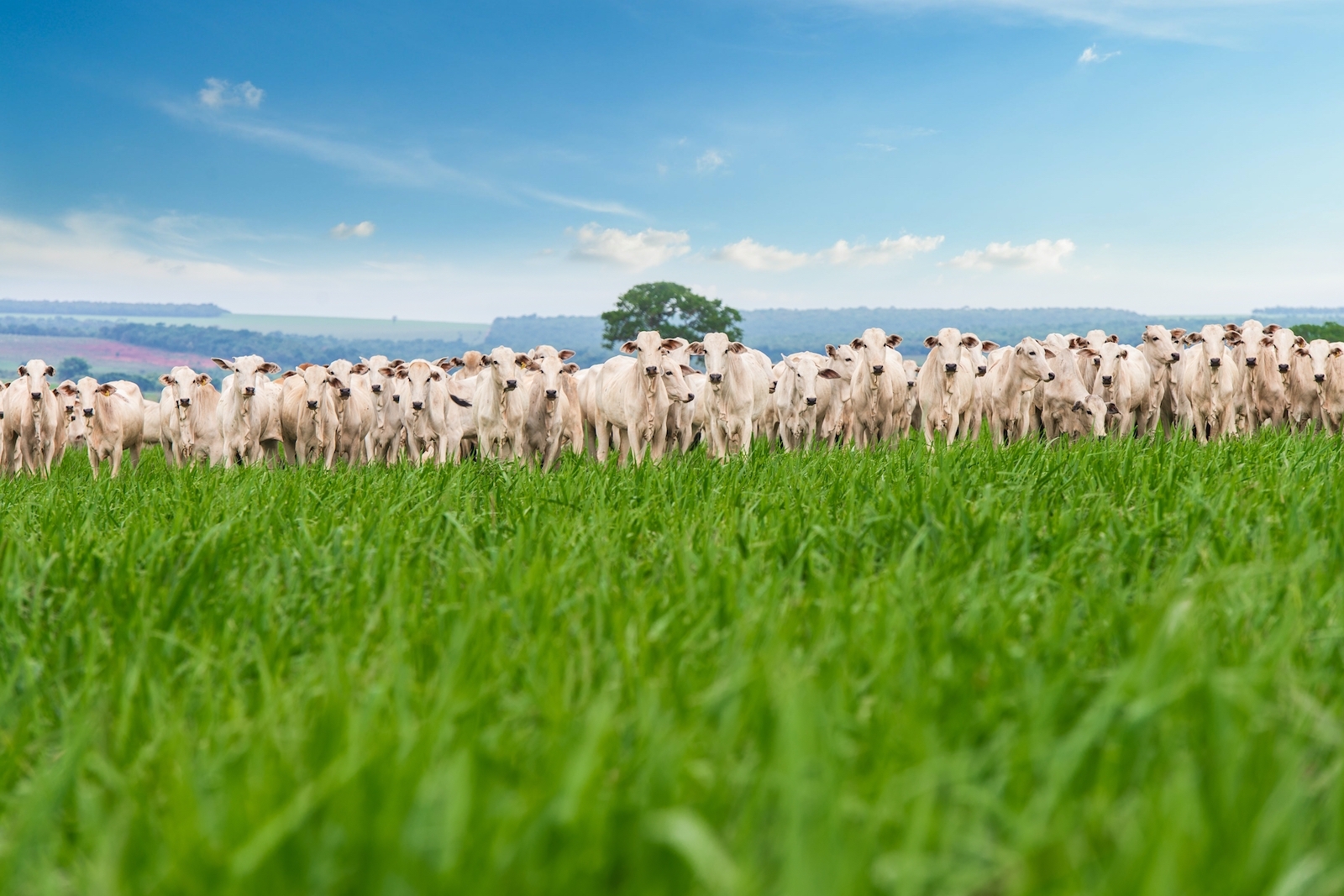
Science
Recent Advances can Tackle both Sustainability and Food Security
New innovations in the fields of cell and gene therapy have the potential to benefit not only regenerative medicine and cure cancer but also to provide food security, reduce the environmental impact of agriculture, and prevent future global pandemics.
Gene-editing tools like CRISPR or TALEN hold the promise to transform agriculture – as they can render plant breeding more precise. For example, by supporting beneficial traits, such as drought tolerance or improved nutrition, or by deactivating unfavorable traits, such as disease vulnerability, or creating plant varieties with the most desired characteristics. Plants that are bred to be better adapted to certain climates or become more resistant to changing environmental conditions, can have better chances of survival in the field, which leads to high-yielding harvests.
Investors in the private sector are ready to pay a premium for companies with strong environmental bona fides. In 2021, Leaps by Bayer (a major venture fund) invested $45 million in Sound Agriculture to accelerate sustainable solutions for food and agriculture. Sound Agriculture is a pioneer in the agro-biotech industry and is advancing two novel technology platforms leveraging plant and soil biology to radically improve food production. Sound’s breeding platform offers a paradigm shift in breeding by accelerating plant trait development ten times faster than current technologies without the use of genetically modified organisms. Its second platform is a nutrient efficiency platform poised to replace 30% of global nitrogen fertilizer use – a major contributor to greenhouse gas emissions, and to declining water quality and soil health – with patented technology that allows crops to access more nutrients from the existing microbiome.
Besides the consequences of carbon emissions, among the major health issues that humanity is currently facing are the increased chances that high-density animal farming will inevitably trigger a new global pandemic as well as the risks of antibiotics resistance due to the industrial use of antibiotics in animals. According to the UN Food and Agriculture Organization, livestock is responsible for 14.5% of human greenhouse gas emissions with 80% of these emissions coming from ruminants. Additionally, the USDA estimates that 80% of all antibiotics produced in the U.S. are used in food animal production.
The global demand for meat is set to nearly double by 2050, according to the World Resources Institute, particularly in nations with a growing middle class, like China. Moreover, the world population is heading for 10 billion people by mid-century, threatening to place even greater strains on the planet’s limited resources. Therefore, a rapid shift toward cell-based “cultivated meat” appears to be a critical solution how to address food security while potentially mitigating environmental degradation.
Mass production of cell-based meat for human consumption brings together cell coding technology and biology and allows to program cells – turning them from a stem cell into any other cell type (meat variety) – creating the quantities of fat and muscle cells humans need with consistency and scalability. According to Barclays, the meat alternatives market is estimated to reach $140 billion within the next decade. That’s about 10% of the $1.4 trillion global meat industry.
The future of cell-based meat will be driven by scalability, variety, consumer preferences in terms of taste and texture, and especially by costs that need to at least be on par with the price of animal meat. What will make or break the expansion of the cultivated meat industry is the engagement of policymakers, particularly in heavily populated and emerging countries. In China, a five-year plan released in January features cultivated meats and other “future foods” as part of China’s blueprint for food security.
The biotechnology revolution is very relevant to global health, food security, and environmental conservation. This revolution should be inclusive and will need the political will to remove policy distortions that may discriminate against and marginalize most of the world’s population. There is a need for creative and enabling mechanisms for the developing countries to benefit from the cell and gene biotechnological revolution too. Protecting the global food supply is of paramount importance to the food security and prosperity of all nations across the world.

